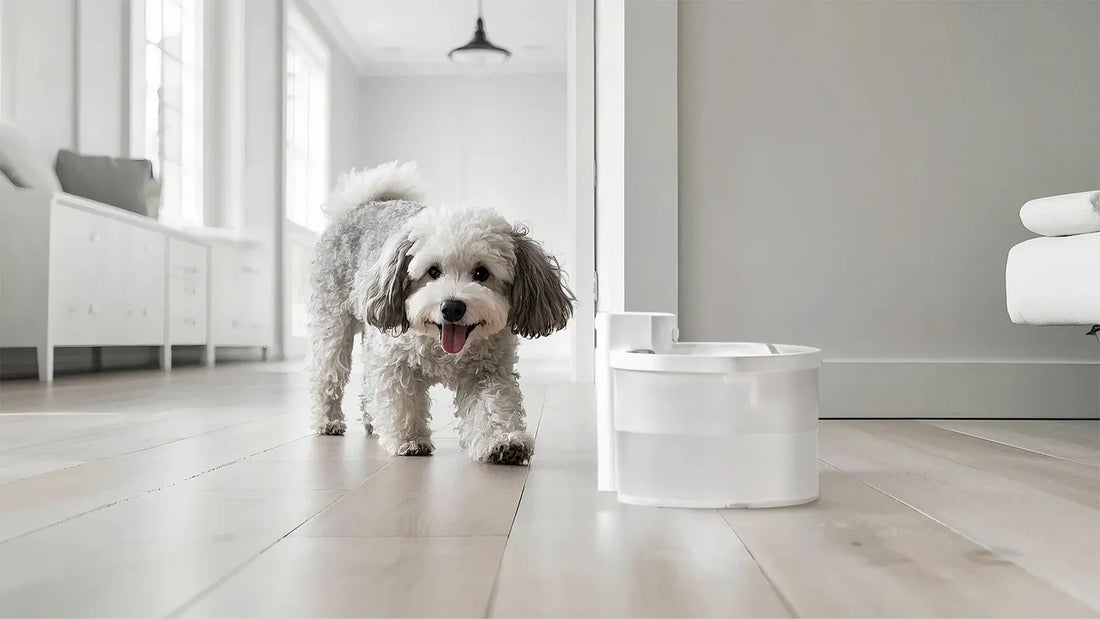If your cat stopped drinking water, it’s natural to feel concerned. Water is essential for your feline’s health, and a sudden change in their drinking habits can signal underlying issues. This article explores the possible causes, offers practical solutions, and provides tips to ensure your cat stays hydrated and healthy.
Why Is Water Important for Cats?
Water plays a critical role in maintaining your cat’s overall health. It aids in digestion, regulates body temperature, and supports kidney function. Cats are naturally less inclined to drink water compared to other animals, as their ancestors derived most of their moisture from prey. However, modern domestic cats rely on their owners to provide adequate hydration.
Common Reasons Why Your Cat Stopped Drinking Water
Several factors could explain why your cat has stopped drinking water. Understanding these causes is the first step toward addressing the issue.
1. Change in Water Source or Bowl
Cats are creatures of habit and can be sensitive to changes in their environment. If you’ve recently switched their water bowl or moved it to a new location, your cat might refuse to drink. Similarly, changes in water quality, such as switching from tap water to filtered water, can also deter them.
2. Stress or Anxiety
Stressful situations, such as moving to a new home, introducing a new pet, or changes in routine, can affect your cat’s behavior. A stressed cat may eat or drink less than usual.
3. Dental or Oral Health Issues
Painful dental conditions, such as gum disease or tooth decay, can make drinking water uncomfortable for your cat. If your cat shows signs of oral discomfort, such as drooling or pawing at their mouth, consult a veterinarian.
4. Illness or Underlying Medical Conditions
Certain medical conditions, such as kidney disease, diabetes, or urinary tract infections, can reduce your cat’s desire to drink water. If your cat’s lack of hydration is accompanied by other symptoms like lethargy or weight loss, seek veterinary care immediately.
5. Environmental Factors
Extreme temperatures or a lack of fresh water can discourage your cat from drinking. Ensure their water bowl is always clean and placed in a quiet, accessible location.
What to Do If Your Cat Stopped Drinking Water
If your cat has stopped drinking water, take immediate action to address the issue. Here are some practical steps you can take:
1. Monitor Their Behavior
Observe your cat closely to identify any additional symptoms or changes in behavior. This information can help your veterinarian diagnose the problem.
2. Offer Fresh Water
Ensure your cat has access to clean, fresh water at all times. Replace the water in their bowl daily and clean the bowl regularly to prevent bacterial growth.
3. Try Different Water Bowls
Experiment with different types of bowls, such as stainless steel, ceramic, or glass. Some cats prefer shallow bowls, while others may enjoy drinking from a fountain.
4. Encourage Hydration Through Food
If your cat is reluctant to drink water, consider incorporating wet food into their diet. Wet food has a higher moisture content and can help keep your cat hydrated.
5. Create a Stress-Free Environment
Minimize stressors in your cat’s environment by maintaining a consistent routine and providing a safe, quiet space for them to relax.
When to Seek Veterinary Help
If your cat continues to refuse water or shows signs of illness, it’s crucial to consult a veterinarian. Dehydration can lead to serious health complications, so early intervention is key. Your vet may perform diagnostic tests to identify the underlying cause and recommend appropriate treatment.
Preventing Dehydration in Cats
Prevention is always better than cure. Here are some tips to ensure your cat stays hydrated:
1. Provide Multiple Water Sources
Place water bowls in different areas of your home to encourage your cat to drink more frequently.
2. Use a Water Fountain
Many cats are attracted to running water. A water fountain can stimulate their interest and encourage them to drink.
3. Monitor Their Water Intake
Keep track of how much water your cat drinks daily. This can help you identify any changes in their habits early on.
4. Maintain a Balanced Diet
Ensure your cat’s diet includes a mix of wet and dry food to support their hydration needs.
5. Regular Veterinary Checkups
Schedule routine checkups to monitor your cat’s health and address any potential issues before they escalate.
If your cat stopped drinking water, don’t panic—but don’t ignore the issue either. By understanding the possible causes and taking proactive steps, you can help your feline friend stay hydrated and healthy. Remember, your cat’s well-being depends on your attention and care. Take action today to ensure they thrive for years to come.













